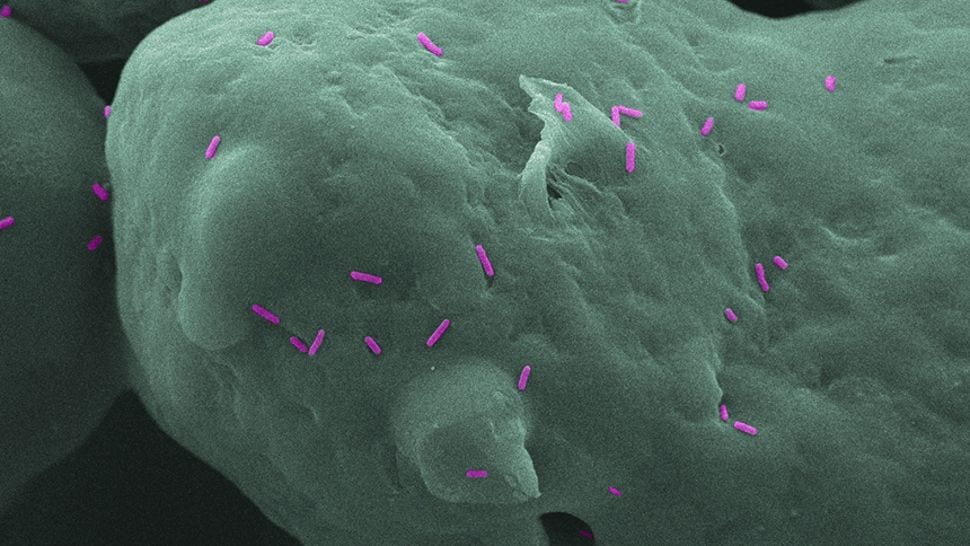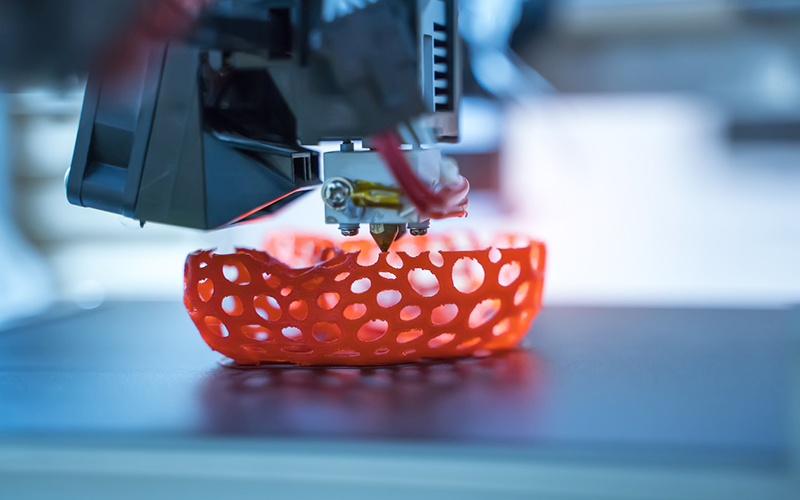3D-printed objects with antibacterial properties could stop the spread of infections like so-called superbugs (MRSA) in hospitals, and in other environments too, potentially saving thousands upon thousands of lives.
.
Researchers from the University of Sheffield have already produced such objects, incorporating a silver-based antibacterial compound in the 3D printing process. The resulting 3D-printed parts are resistant to common bacteria, and what’s more adding the antibacterial compound doesn’t have any downsides in terms of making the printed object weaker, for example.
.
All this is highlighted in a study which was published in Scientific Reports by researchers from the University of Sheffield’s department of mechanical engineering, and the school of clinical dentistry. Such 3D-printed medical equipment could be a huge development in terms of the safety of hospitals, and also similar environments such as care homes. According to the World Health Organization, healthcare-associated infections account for […]
Case Study: How PepsiCo achieved 96% cost savings on tooling with 3D Printing Technology
Above: PepsiCo food, snack, and beverage product line-up/Source: PepsiCo PepsiCo turned to tooling with 3D printing...





0 Comments